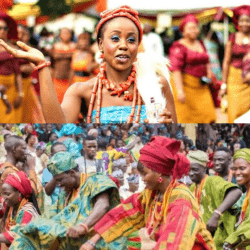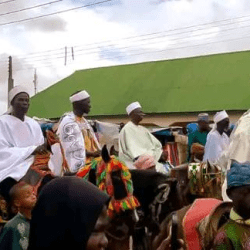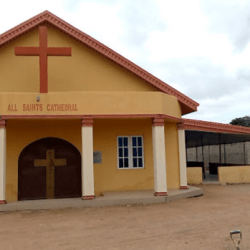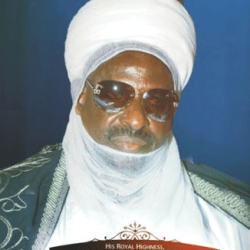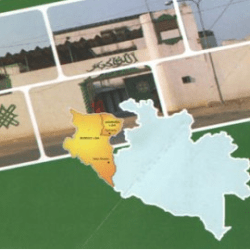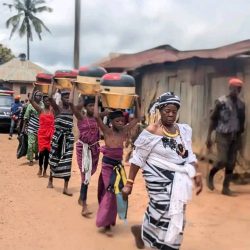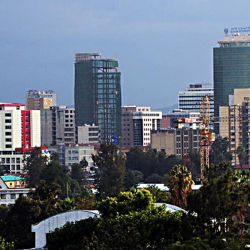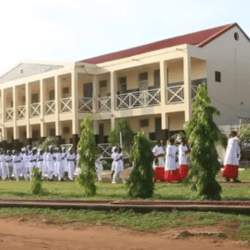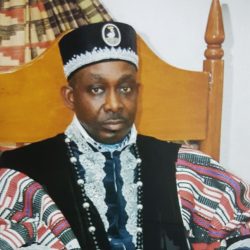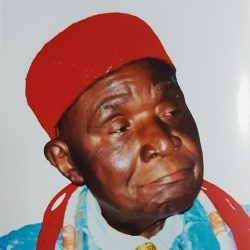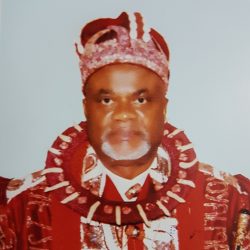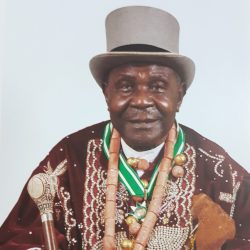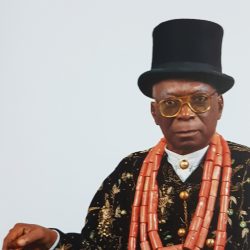The documented history of the Baatonu people, also known as the Baatombu or Bariba, begins with their integral role in the establishment of the ancient Kingdom of Borgu. This kingdom, located in what is today northeastern Benin and western Kwara State in Nigeria, was co-founded by the Baatonu people alongside other ethnic groups. The Baatonu are the principal inhabitants of the Borgu region and have played a significant role in shaping its cultural, political, and linguistic landscape.
The Legacy of the Baatonu People
The history of the Baatonu people is deeply intertwined with that of the Kingdom of Borgu, where they played a central role in the kingdom’s foundation and governance. Over centuries, the Baatonu people have maintained their cultural identity, language, and traditions, despite the shifting political and ethnic dynamics around them. Their influence extends beyond Borgu, as seen in their integration into the Yoruba-speaking areas of Nigeria and their ongoing importance in northern Benin.
Their legacy is marked by resilience, cultural adaptation, and a deep connection to their historical homeland. Today, the Baatonu continue to contribute to the rich tapestry of West Africa’s diverse cultures, upholding their traditions while also engaging with the modern challenges of life in Benin and Nigeria.
The Historical and Geographical Context of the Baatonu People
The Baatonu people are primarily found in the traditional Borgu territory, which spans across parts of Benin and Nigeria. The kingdom’s historical boundaries stretched from Dendi/Zabaruma land in the north, to Nupe land in the east, the Atakora Mountains in the west, and Yoruba/Dahomey land in the south. Within these regions, the Baatonu people shared their civilization with the Bargawa (the people of Borgu), and their cultural interactions with neighboring ethnic groups further enriched their legacy.
The Baatonu are especially concentrated in Benin, where they represent the fourth largest ethnic group, comprising approximately 1/12th of the total population. In Nigeria, the Baatonu have blended with Yoruba communities, particularly in Kwara State and other parts of the Northern Yoruba-speaking region.
Baatonum Language and Cultural Identity
The Baatonum language, spoken by the Baatombu, is an important marker of their identity. It is a tonal language and has been the dominant language in Borgu State in Benin and among the Baatombu in Nigeria. Interestingly, Baatonum is not closely related to other languages in the region, which highlights the distinctiveness of the Baatonu people within the cultural and linguistic diversity of West Africa. Despite centuries of interactions with other groups, the Baatonu have managed to preserve their linguistic heritage.
Today, more than two million Baatonu speakers exist, with 80% of the population residing in Benin and the remainder primarily located in Nigeria. Their presence in Nigeria is especially notable in Yoruba-speaking areas, where they have integrated with the local communities while still retaining key elements of their own cultural traditions.
The Baatombu and Their Role in Yoruba Nation
The Baatombu’s historical interactions with the Yoruba people have left a lasting imprint on various Yoruba dynasties, particularly in towns such as Kishi, Ogbomoso, Igboho, and Saki. These connections date back centuries and have contributed to the formation of unique cultural links between the two groups.
A significant moment in Baatombu-Yoruba history occurred during the 16th century, when Askia Dawud of the Songhai Empire invaded the Borgu region and sacked Bussa in 1555/1556. The resulting turmoil led to a mass displacement of the Baatonu people, with many Baatonu warriors turning to guerrilla warfare. These warriors, known as the Ibariba, frequently raided the northern Yoruba territories to the south, causing widespread unrest. Over time, however, many Baatonu groups settled permanently in northern Yoruba towns such as Kishi, Shaki, Iseyin, and Ogbomosho, blending into the local Yoruba population while maintaining aspects of their distinct heritage.
This historical period illustrates the complexities of ethnic interactions in the region, where conflict, migration, and settlement led to the intertwining of Baatombu and Yoruba cultural identities. The presence of Bariba elements in these northern Yoruba settlements is a testament to the enduring legacy of the Baatonu people within the broader Yoruba cultural landscape.
The Partitioning of Borgu and Modern-Day Baatonu Communities
Despite their significant historical presence in the Kingdom of Borgu, the Baatonu people faced the challenges of colonial partitioning, which divided the region between Benin and Nigeria.
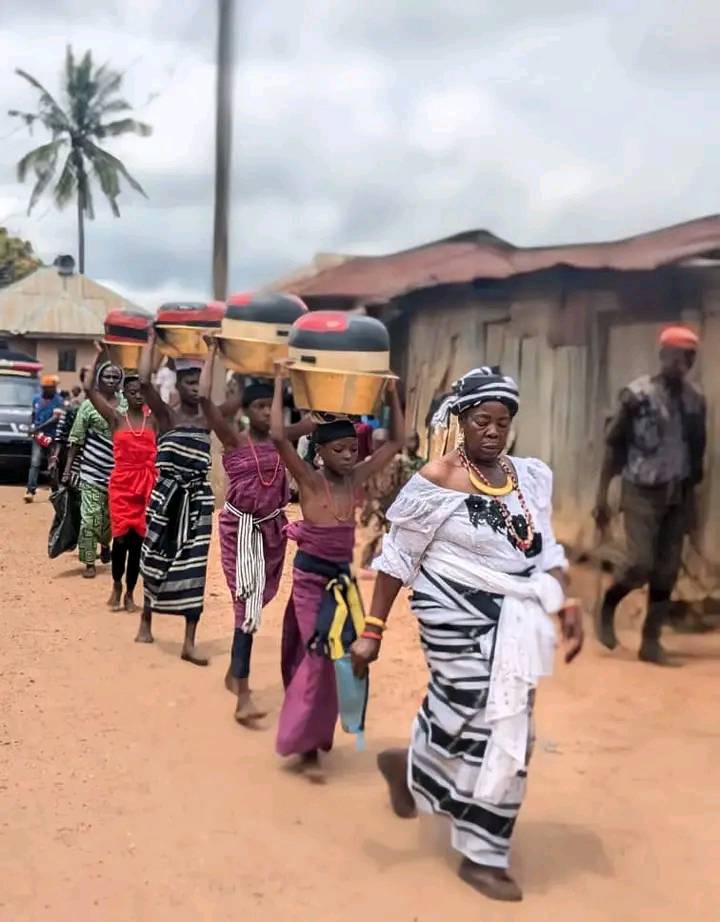
This division, imposed by European colonial powers, disrupted the traditional unity of the Baatonu people. However, they have remained an influential group in both countries, with large populations in northern Benin and western Nigeria.
Several areas of ancient Borgu that were once dominated by the Baatonu people have since come under the influence of other ethnic groups. For instance, regions like Malanville and Karimama in Benin are now primarily inhabited by the Dendi people, while the Fulbe dominate the Kaoje area in Nigeria’s Bagudo Local Government Area (LGA). Additionally, the Yauri LGA in Nigeria is now home to the Reshe and Kambari peoples. Despite these demographic shifts, the Baatonu remain a key cultural and political force in their traditional heartland.
